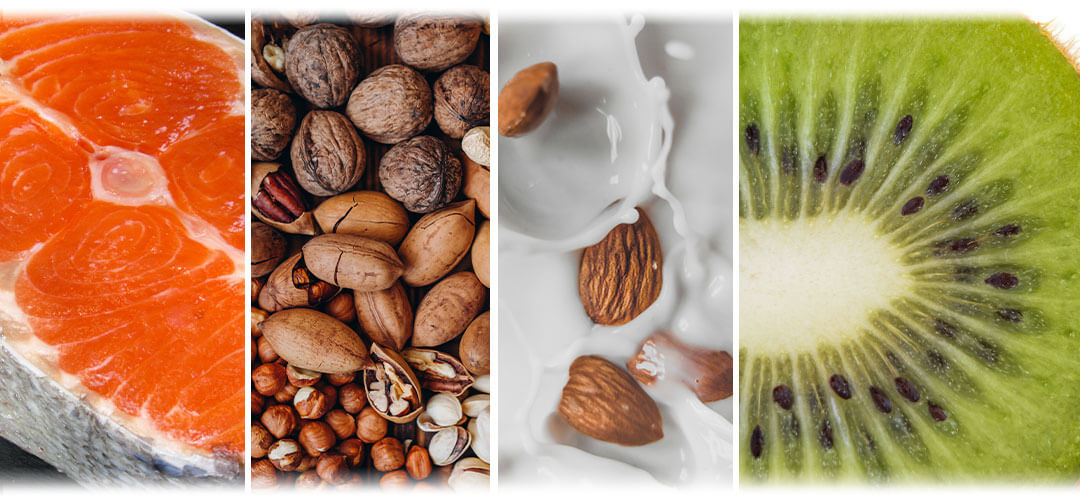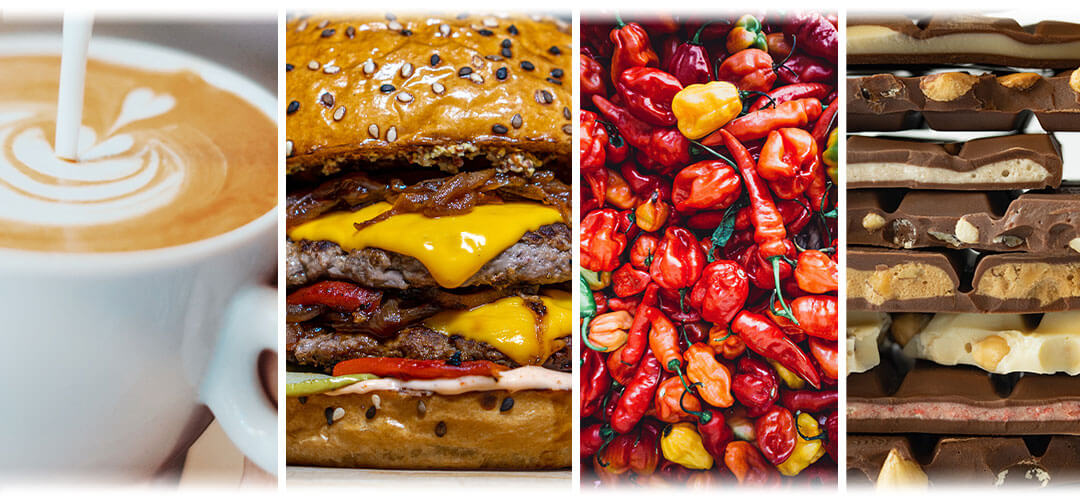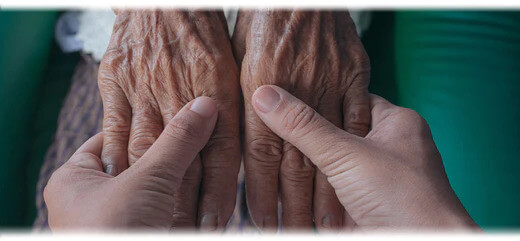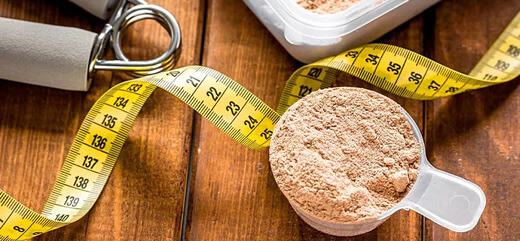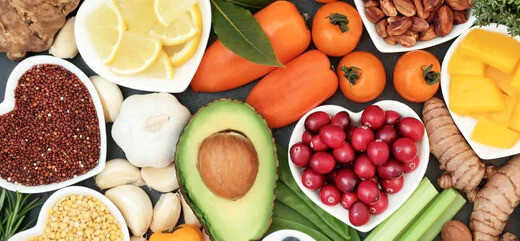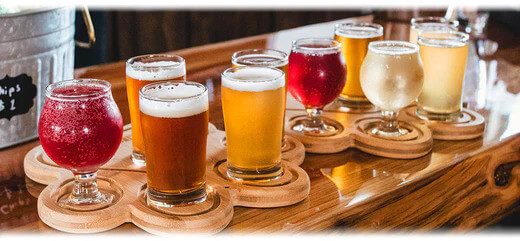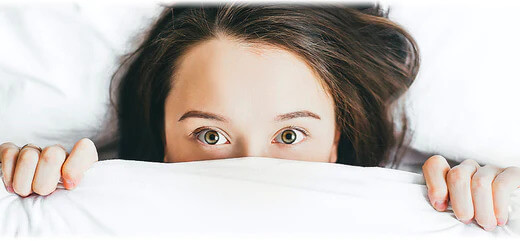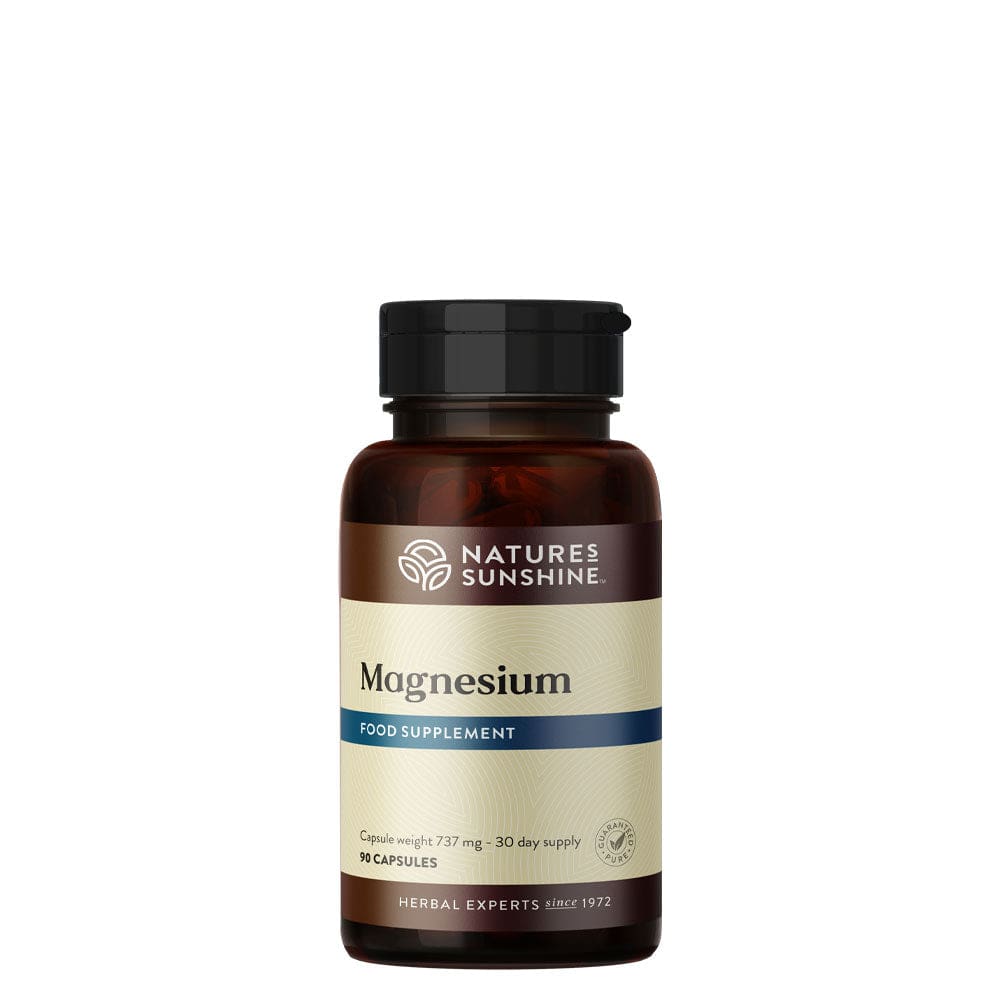
Sleep is an essential part of our life. It's not just about resting and rejuvenating the body, but also about keeping the brain healthy and improving your quality of life.
Sleep helps to maintain a healthy weight and blood pressure. It also helps to regulate moods, concentration, memory, creativity and more. But most importantly, it helps you stay focused on your goals and ambitions in life.
When you think about why you struggle to sleep, your mind may jump to medical conditions like sleep apnea or insomnia. But, there could be a much simpler reason you’re struggling to get a good night’s sleep. Different foods and drinks can have a significant impact on the quality of sleep you’re getting. So, it’s important to know what foods you should avoid and what foods you should be eating before you go to bed.
THE IMPORTANCE OF SLEEP
It’s no secret that sleep is important. Most people feel better after a good night’s sleep, but did you know that sleep is actually crucial for your health? Sleep is when your body repairs itself. It’s when your muscles grow and your brain cells regenerate.
It can help you manage stress, boost your energy levels, and improve your mood. It can also improve your memory and cognitive function. On the other hand, not getting enough sleep impairs mental function. Perhaps you know from experience that you’re not as able to focus or remember things as well when you’re tired. This can obviously have a negative impact on your work or school performance.
In fact, studies have shown that people who don’t get enough sleep are more likely to get sick after being exposed to a virus than those who do get enough sleep. That’s why it’s so important to get enough sleep – without it, your body can’t function properly.
Not getting enough sleep can lead to all sorts of problems, from weight gain to depression. So, if you’re not getting enough shut-eye, it’s time to make some changes.
If you’re struggling to get through the day, make sure you’re getting enough rest at night. Your mind and body will thank you for it.
FIVE FOODS TO EAT FOR A GOOD NIGHTS SLEEP
There are lots of things that can affect how well you sleep at night. But did you know that what you eat can be one of them? Here are five foods/drinks that can help you get a good night’s sleep.
Chamomile tea
Chamomile tea contains an antioxidant called apigenin. Apigenin is known to promote sleepiness and reduce insomnia, so a cup before bed each night will help you fall asleep faster and give you a better quality of sleep.
Fatty fish
Salmon, tuna and mackerel are all full of Vitamin D and omega-3 fatty acids. Both can enhance your sleep quality as well as help protect against conditions like heart disease.
Nuts
Walnuts and almonds are among the best sources of magnesium, zinc and melatonin. Melatonin is a hormone that your pineal gland makes naturally, that helps you fall asleep. A small bowl of mixed nuts up to an hour before you go to bed will help in your body’s natural response to darkness and sleep cycle, providing a better night’s sleep overall.
Kiwi
Kiwis are rich in antioxidants and serotonin. Serotonin regulates your mood and helps your body to know when to sleep and wake up. Kiwis are a great low-calorie pre-bedtime snack to improve your quality of sleep.
Milk
A glass of milk before bed is a common practice used to promote relaxation and relieve anxiety. Some studies have shown a small glass of warm milk can reduce sleep interruptions throughout the night, resulting in better sleep.
FIVE FOODS TO AVOID FOR A GOOD NIGHTS SLEEP
Just like there are foods that can help you dose off, there are certain things you should avoid if you’re feeling tired and need a decent night’s kip. Here are some of the worst offenders:
Caffeinated food & drink
It’s no secret that coffee and other caffeinated foods and drinks keep your brain awake for hours. It is a key stimulant for your nervous system. It’s not a good idea to consume caffeine too close to bedtime as you’ll struggle to not only fall but stay asleep through the night.
Fast food
Numerous studies have found that highly processed foods are linked with poor sleep quality. Cutting down on the amount of fast food you consume will help you get better rest, as well as prevent obesity and more serious health problems.
Chocolate
Chocolate and other sugary snacks cause spikes in your blood sugar levels followed by a crash. This crash in blood sugar alerts your body to increase your cortisol levels, which then wakes you from your sleep. Avoiding these sugary sweet treats will help in promoting sleep quality.
Spicy Food
We’ve all suffered from a bout of acid reflux and heartburn at some point in our lives and spicy food is often the culprit. When you lie down to sleep, these symptoms can worsen, leading to difficulty dozing off and a poor night’s sleep.
Foods with a high water content
There’s nothing worse than getting comfy and cosy in bed, and then realising you need to use the bathroom. Drinking plenty of water is, of course, paramount to maintaining good health, but avoid drinking large quantities of it just hours before bed.
If you’re having long-term difficulty falling asleep and maintaining a good quality of sleep, there could be another cause other than the foods you’re eating. If you’re worried, it’s always best to seek medical advice from your doctor. And if you’re struggling to get a good night’s sleep naturally, Lily & Loaf can help. Maintaining optimum levels of 5-HTP in the body is essential to aid restful sleep. Our 5-HTP supplement includes plentiful amounts of this essential amino acid, which can help you sleep more soundly, wake with more energy and go through the day without feeling as fatigued.


